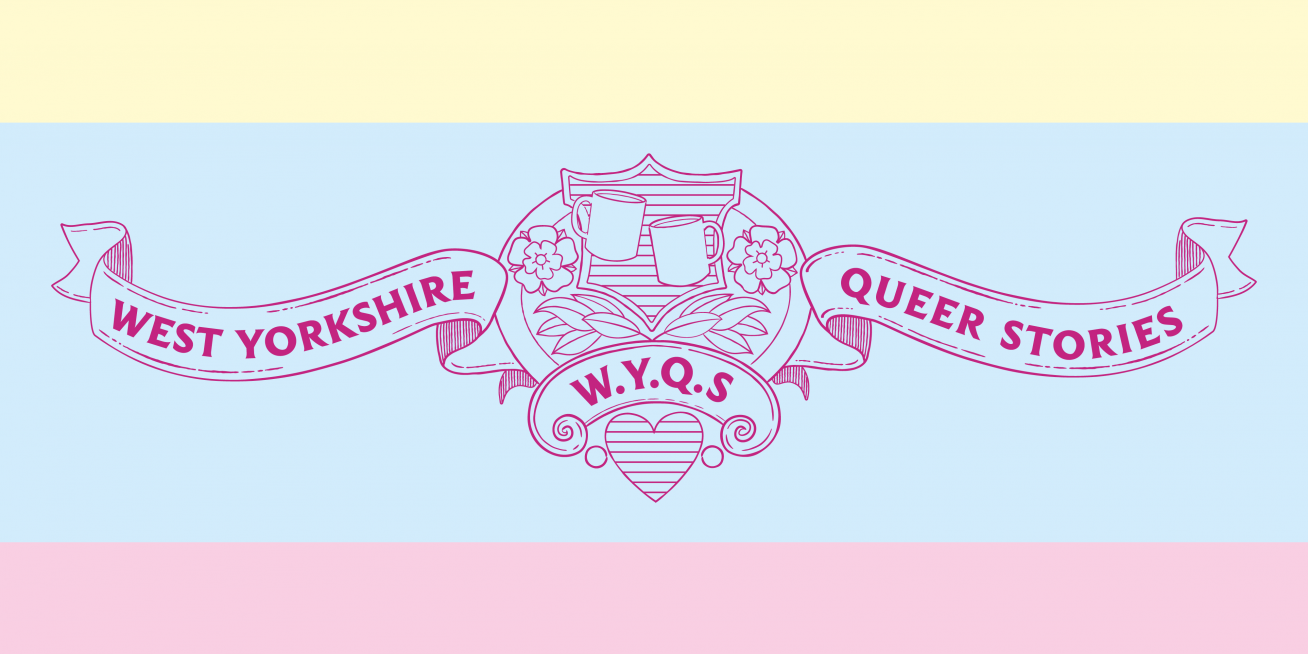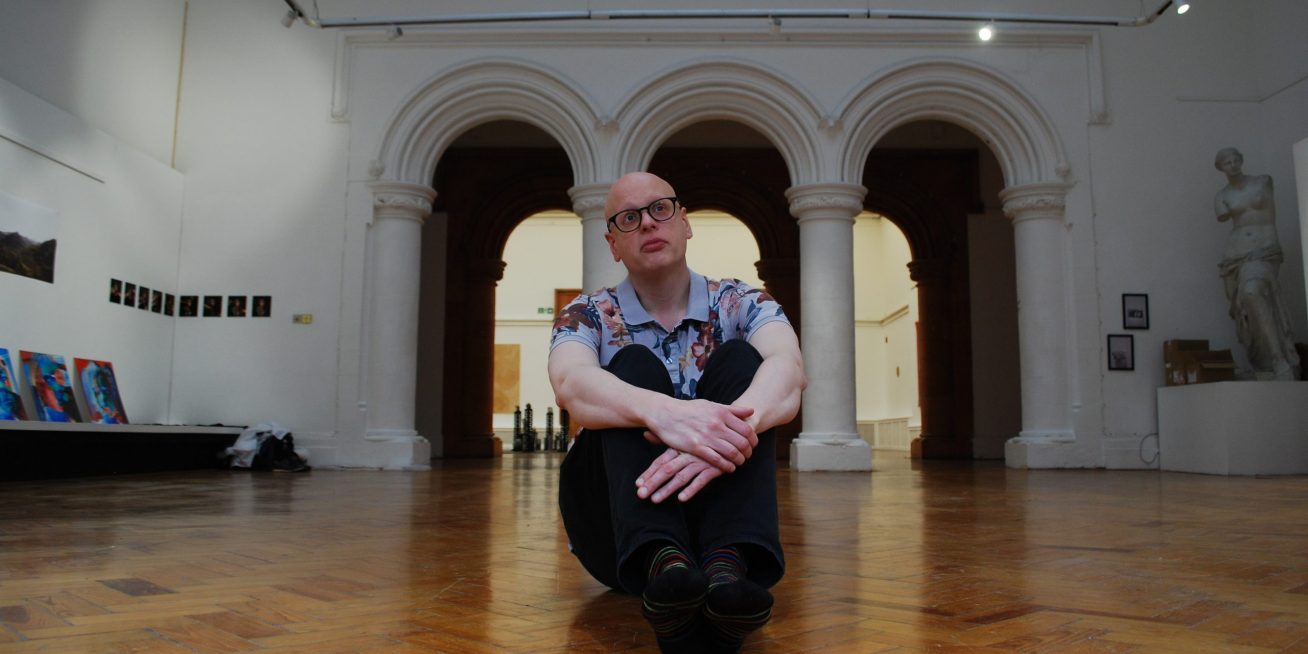The importance of seeing yourself represented
Tristan remembers the impact of a 'Doctor Who' episode and how it gave him a representation of bisexuality.
Interview recorded by Melissa Radband on 5.2.2019
Duration 01:31
TRANSCRIPT
When I was like 13, I first considered that I might be trans, but I did not consider that I could be a trans man, I thought I had to be non-binary or not trans at all, because I’m not that masculine, I don’t like football and cars and things so clearly I can’t be male because there was this idea in my head from media that mentioned trans men without actually having any in it. So, there was no actual representation and I had this misconception of, like, what trans men looked like and also to some extent what bisexuality looked like although that was better.I distinctly remember being six or seven years old and watching an episode of 'Doctor Who' where Captain Jack Harkness kisses Rose and then kisses the Doctor at the same time and that stayed imprinted in my brain for a very long time, and I hadn’t then realised that I was bisexual but just seeing that was very important to me and to my development I think and to my ability to come out as bi much earlier than I could come out as trans, and to accept that much easier because that representation was in place, even if I didn’t personally know any bi people at first. So yeah, I had that for part of my identity, and not for other parts, and so the difference I think, I can definitely tell a difference between having some kind of representation versus not having anything and not having an idea, because that kept me in the closet for longer because I had these stereotypes instead of actual notions and actual people to draw on, if that makes sense.





